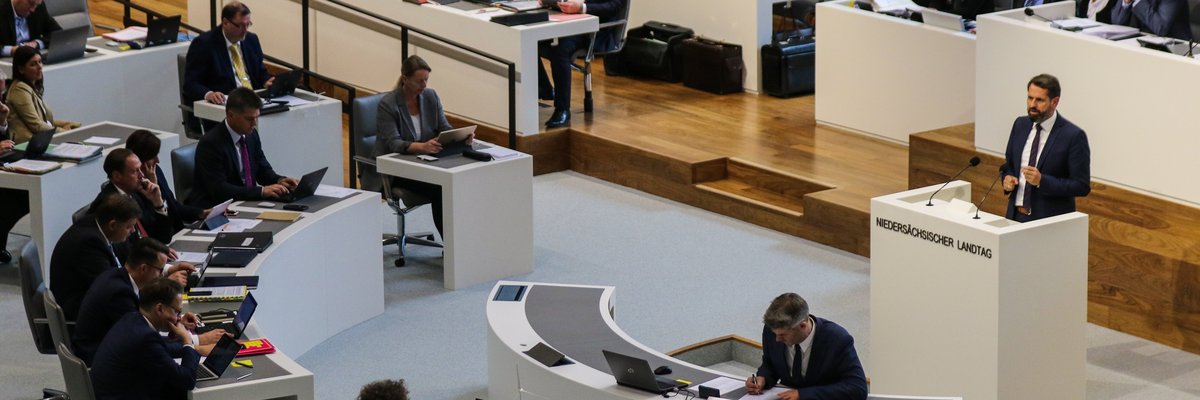Oversight

The power to question
To scrutinise, one must question: the right of the MPs and parliamentary groups to ask a wide range of questions is an essential instrument for parliamentary scrutiny of the government. Extensive rights to information and to question are set out in the state constitution. The government must answer questions from Parliament quickly, in detail and to the best of their ability. The right to question takes a range of different forms. The instruments available to Members of Parliament vary according to the political urgency and the depth expected of the answer. The government cannot simply shirk its responsibility of answering questions posed by Parliament. The right of the plenary session and the individual committees to interpellation is closely connected to the right to question. The right of MPs to demand the attendance of every member of the government is enshrined in the constitution. Members of the government as well as the representatives of the government – such as the State Data Protection Officer – also have access to plenary sittings and expert committees.
A constitutional obligation of the government
‘The state government in the State Parliament and its committees must answer queries by Members of the State Parliament to the best of their knowledge immediately and in full.’
Article 24 Para. 1 of the Constitution of Lower Saxony
The right to question takes different forms
Major interpellations
A parliamentary group or a minimum of ten Members of the State Parliament can submit a major interpellation (formal question) to the government in writing. These often concern challenges faced throughout Lower Saxony and are read, answered and extensively debated in the plenary session.
Minor interpellations for written and rapid written response
A parliamentary group or a minimum of ten Members of the State Parliament can submit a major interpellation (formal question) to the government in writing. These often concern challenges faced throughout Lower Saxony and are read, answered and extensively debated in the plenary session.
Minor interpellations for question time
Only parliamentary groups represented in the State Parliament have the right to submit minor interpellations for question time. The parliamentary groups can address minor interpellations to the state government for oral response during question time in the order set by the Council of Elders. The question is posed in the plenary session by a member of the questioning parliamentary group and is answered orally by the state government. Following this, each parliamentary group can then ask up to two additional questions, which are then answered separately in turn. The President of the State Parliament then opens a time-limited debate. The queries submitted during question time should be of regional relevance.
Urgent interpellations
Urgent interpellations are a very important aspect of the right to question when it comes to current and often politically controversial matters. Each parliamentary group can address an interpellation of this type to the state government in every session. This is first presented in the plenary session and is then answered by the state government. Following this, each parliamentary group can ask up to five additional questions, which are then answered in turn.
Topical debates
The topical debate, which usually features in every session, has a special function. This brief debate mainly focuses on matters of very general, often topical interest. It is not always just about state politics, but can cover topics of national and European politics too. Every parliamentary group has the right to submit a request for a topical debate. The scope of the topics debated as well as the short speaking limit of five minutes per parliamentary group are what make this format particularly appealing – especially for visitors and the media.
